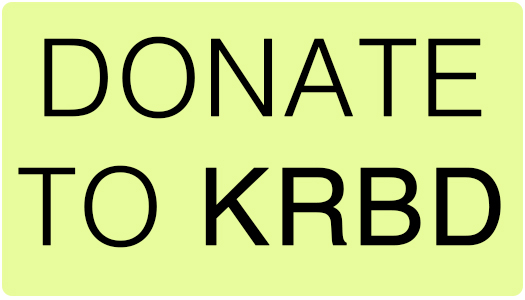Teacher contract negotiations in Ketchikan are not going well. The Ketchikan Education Association announced this week that it’s going to file an unfair labor practice complaint with the state on Tuesday, after a recent attempt to restart negotiations failed.
The Ketchikan School District and KEA started contract negotiations about a year ago to replace the contract that expired at the end of June, 2017. The two sides reached a tentative agreement over the summer, but that was rejected by KEA union members.
School Board President Trevor Shaw said after that union vote, they did not reconvene negotiations until after the holidays. He said the KEA negotiating team had changed in that time, and the two sides weren’t able to work together as well.
While not giving details, Shaw confirms that the sticking point in negotiating a new contract is financial.
“KEA has one specific set of stakeholders, and that’s the teachers,” he said. “The board as a whole has not only the teachers, but the other school district staff, the students, the borough assembly, as well as the citizens and taxpayers of the community as a whole.”
KEA Vice President Sarah Campbell, though, said the teachers’ main concern in negotiating a new contract is the district’s students.
“KEA really understands that a teacher’s working environment is a student’s learning environment,” she said. “KEA is unified more than ever to grow our educational community. We want to hold onto our master teachers, and also draw new teachers into our community who are as equally invested in the lives of education, and the lives of our students of Ketchikan.”
Campbell also wouldn’t give detailed numbers regarding what the teachers have asked for or what the district has offered. She said teachers are taxpaying members of the community, and know firsthand the importance of a quality education.
“We need to be competitive with our region and competitive within our state,” she said. “This is what’s best for students in Ketchikan.”
But, Shaw said the district doesn’t have a problem attracting or retaining teachers now.
“The board as a whole thinks we’re in a good position to continue to pay our teachers well, so they can do the job that they do best, which is educating our students,” he said.
Shaw said adding to the district’s costs would mean a greater burden on taxpayers now, and even more uncertainty going into the future. He said that asking the borough to fund schools to the maximum level allowed would lead to a property tax increase.
Shaw added that not funding to the cap provides some wriggle room in case emergency additional funding is needed.
Because negotiations were not progressing, Shaw said the school board hired professional negotiator Randy Bohannon of Victor Four Labor Relations, who has worked with the district in the past.
Bohannon met earlier in February with the KEA team. That meeting lasted about 20 minutes, ending after Bohannon asked for proof that the union rejected the tentative agreement last summer before he would move forward with establishing ground rules for restarting negotiations.
Campbell said that was a deliberative delaying tactic, and that’s why KEA decided to file an unfair labor practice complaint.
“When bargaining you need to move the process forward not backwards,” she said. “Both sides need to bargain in good faith.”
Shaw said he’s disappointed that the union chose to move forward with the complaint.
“The district by no means believes that we’ve negotiated unfairly,” he said. “It’s a complicated process, and like I said, there’s been hiccups throughout the process.”
The complaint, once filed with the Alaska Labor Relations Agency, will need to go through an investigation process before the agency determines whether the complaint has probable cause.
In the meantime, the two sides have agreed to try negotiating again on Feb. 26.








